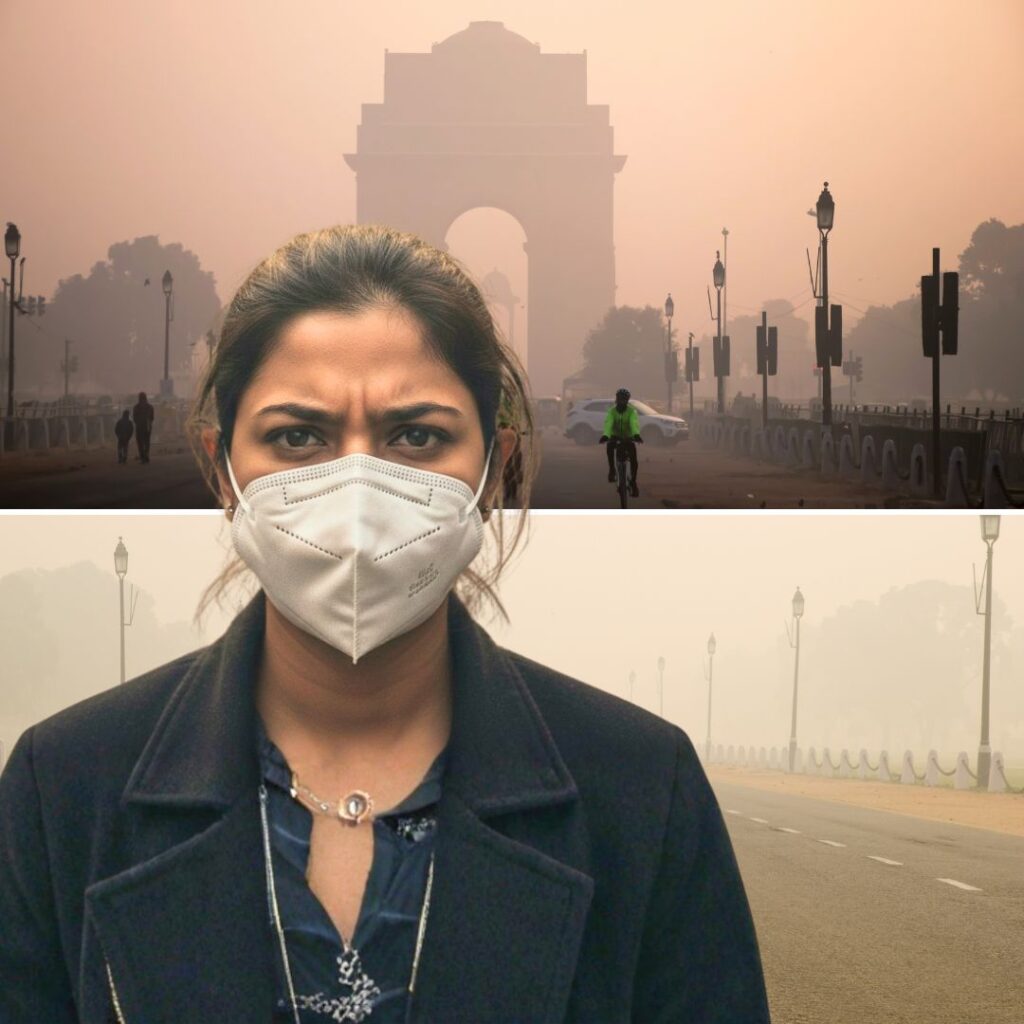Sri Lanka’s government has approved a policy to waive visa fees for tourists from 40 additional countries, including key nations such as the UK, Germany, the Netherlands, Canada, Australia, Spain, and Belarus.
This initiative, confirmed by Foreign Affairs and Tourism Minister Vijitha Herath while speaking at the inauguration of the “Hotel Show Colombo 2025” exhibition held at the Bandaranaike International Conference Hall (BMICH), aims to boost tourism as part of Sri Lanka’s broader economic recovery following the challenges posed by the COVID-19 pandemic and the 2022 financial crisis.
Minister Herath said the Cabinet of Ministers had approved the decision, and a formal Gazette notification will be issued soon to implement the new visa policy. Although the Treasury is expected to lose approximately USD 66 million annually from the waived visa fees, the government projects that increased visitor numbers and tourism-related economic activity will more than compensate for the loss. The tourism sector hopes to attract over 2.5 million tourists by 2025, reinforcing Sri Lanka’s position as a desirable, accessible destination.
Boosting Tourism Through Accessibility and Strategic Expansion
The visa waiver expansion is a strategic move to enhance Sri Lanka’s tourism appeal by simplifying entry procedures for a broader range of international visitors. Previously, visa fee waivers were limited to seven countries – including China, India, and Japan – in a trial phase that began in March 2023.
Building on the success of this policy, the Cabinet’s latest approval extends the benefits to 40 more countries, incorporating leading European markets such as Germany, the Netherlands, and Spain, alongside others like Belarus.
Minister Vijitha Herath emphasised that while the government recognises the direct fiscal impact of foregoing USD 66 million in visa fees, the anticipated benefits include a rise in foreign exchange earnings, job creation in tourism and allied sectors, and stimulating rural economies involved in tourism. The move is also expected to increase cultural exchanges and promote Sri Lanka’s diverse heritage and natural beauty on a global stage.
Economic Context and Policy Background
Sri Lanka’s tourism industry, once a major contributor to its economy, faced severe setbacks due to the global COVID-19 pandemic, which sharply curtailed international travel. This was compounded by a severe financial crisis in 2022, which included foreign exchange shortages, inflation, and social unrest affecting the country’s ability to maintain consistent services, including in tourism.
Prior to this, tourism had contributed about 12% to the country’s GDP and provided millions of jobs. In response, the government launched free visa schemes starting with seven countries in early 2023 to revive arrivals and stimulate the sector. Encouragingly, tourist arrivals rebounded to nearly 2 million in the first half of 2024, nearing pre-pandemic levels, with projections pointing to surpassing 2.3 million by year-end.
Revenues saw a substantial increase from USD 875 million in the same period in 2023 to USD 1.5 billion in 2024, highlighting a robust recovery trajectory. The visa fee waiver expansion is part of a continuum of policies aimed at sustaining this positive trend and supporting wider economic stabilisation.
The Logical Indian’s Perspective
Sri Lanka’s expanded free visa policy illustrates how nations can innovate and adapt to global challenges by fostering openness and inclusivity, important values in today’s interconnected world. By welcoming a wider pool of tourists through simplified visa access, Sri Lanka not only aims to rejuvenate its economy but also promotes intercultural understanding and peaceful engagement.
This approach reflects the spirit of coexistence and respect for cultural diversity, contributing to global harmony. However, such measures must be balanced with sustainable tourism practices that protect local communities and environments.










